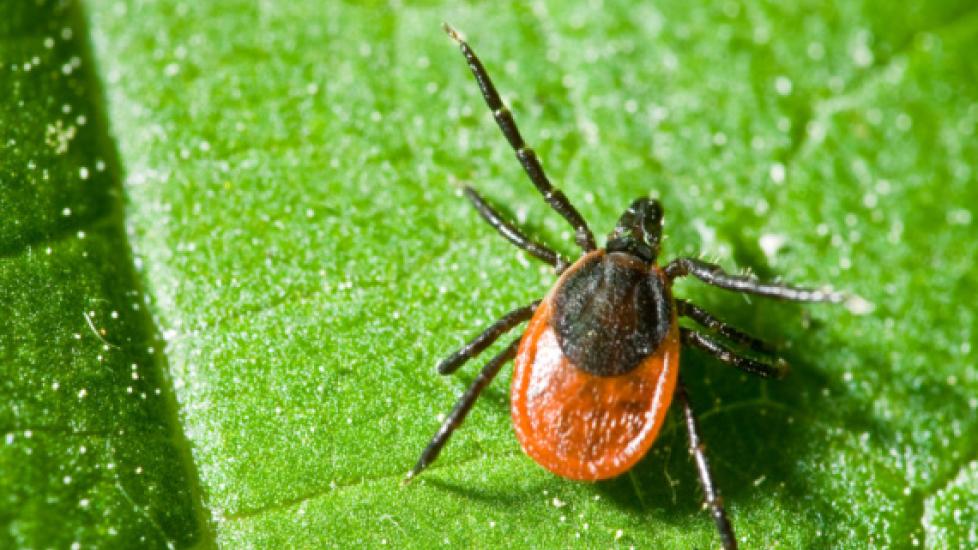Ticks and Tick Control in Cats
Ticks are parasitic organisms that attach themselves to the skin of dogs, cats, and other mammals by using their mouth parts. These parasites feed on the blood of their hosts and can cause toxicosis or hypersensitivity, and in some cases blood loss anemia. Ticks can also be transmitters of bacterial or viral diseases. The skin, the lymphatic and immune systems, and the nervous systems, can be negatively affected if gone untreated. Ticks come in 4 stages: egg, larvae, nymph, and adult.
Symptoms
Ticks may be visibly present on the cat's body, especially as they (the ticks) grow. Ticks have a hard backed shield and can be felt as small bumps during a palpation of the skin, or during regular petting. There may also be other symptoms present if a tick borne disease develops.
Causes
Ticks are attracted to hosts for the warmth, presence of carbon dioxide on the skin, and other associated odors that the host gives off. Cats acquire ticks by being in direct physical contact with environments that harbor ticks (e.g., high grass areas, wooded areas, etc.).
Diagnosis
Your cat's skin will be inspected to look for ticks or tick feeding cavities, and laboratory tests will be ordered to review the blood for blood borne illnesses or other tick related illnesses that may have developed.
Treatment
The removal of ticks is done on an outpatient basis and is performed immediately upon observing them on the cat's body.
Living and Management
Wash the cat's skin thoroughly to prevent local inflammation or a secondary infection.
Prevention
To avoid contact with ticks, avoid environments such as wooded areas that may harbor ticks. Maintained yards, meanwhile, are less likely to encourage ticks. The tick does not jump, so it depends on long grass, shrubs, etc, to latch onto passing animals.
Free-roaming cats are most at risk, and should be checked regularly to prevent long term contact with ticks. The longer the tick stays in contact with the cat, the more likely the risk of disease transmission.
